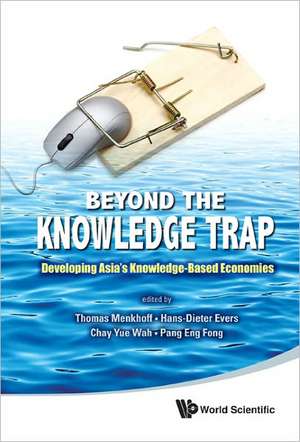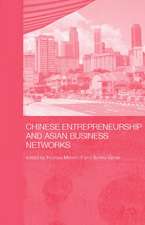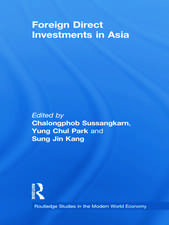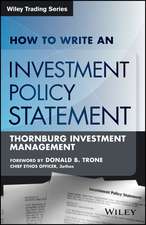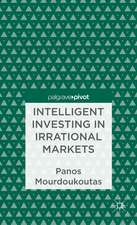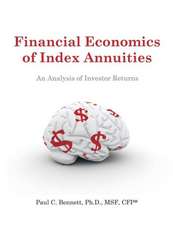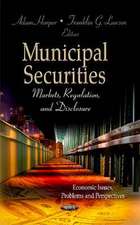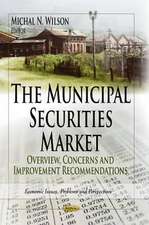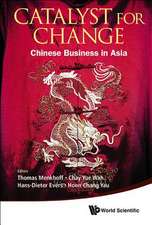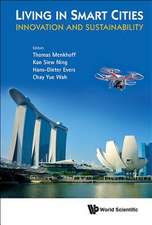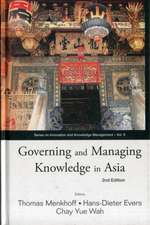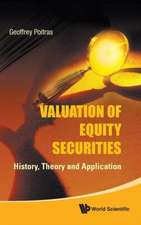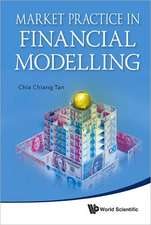Beyond the Knowledge Trap
Editat de Hans-Dieter Evers, Thomas Menkhoff, Chay Yue Wahen Limba Engleză Hardback – 27 apr 2011
Preț: 958.44 lei
Preț vechi: 1168.83 lei
-18% Nou
Puncte Express: 1438
Preț estimativ în valută:
183.42€ • 199.17$ • 154.07£
183.42€ • 199.17$ • 154.07£
Carte tipărită la comandă
Livrare economică 22 aprilie-06 mai
Preluare comenzi: 021 569.72.76
Specificații
ISBN-13: 9789814343671
ISBN-10: 9814343676
Pagini: 444
Dimensiuni: 155 x 229 x 30 mm
Greutate: 0.82 kg
Editura: World Scientific Publishing Company
Locul publicării:Singapore, Singapore
ISBN-10: 9814343676
Pagini: 444
Dimensiuni: 155 x 229 x 30 mm
Greutate: 0.82 kg
Editura: World Scientific Publishing Company
Locul publicării:Singapore, Singapore
Descriere
Based on the success of the "World Scientific publication Governing and Managing Knowledge" edited by Thomas Menkhoff, Hans-Dieter Evers and Chay Yue Wah in 2005, this unique volume presents 16 new theoretical-practical papers on the strategic aspects of developing knowledge-based economies with case studies from South Korea, Singapore, Malaysia, Thailand, Vietnam, Indonesia, Philippines and Uzbekistan. A key question which the book seeks to answer is what Asian policy-makers and leaders in government, economy and society can do to further enhance learning and capability formation so as to foster sustainable development in an increasingly globalized world. It addresses the politico-cultural and socio-economic challenges of effectively managing both knowledge resources and coping with the great digital divide created by globalization, continuous technology innovations and rapid external change. A key objective of the publication is to enable latecomers in the knowledge race to understand some of the critical success factors of sustainable knowledge-based development and what it takes to build a resilient knowledge-based economy.
